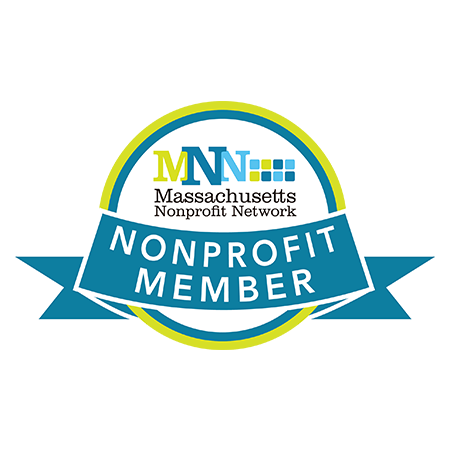 When Nate Harmon was in middle school, he experienced ThinkGive in his English class. Five years later, he joined the ThinkGive Student Advisory Board.
When Nate Harmon was in middle school, he experienced ThinkGive in his English class. Five years later, he joined the ThinkGive Student Advisory Board.
What was your experience with ThinkGive as a middle school student?
I believe that the core values of ThinkGive are very important to the adolescent mind, especially those of middle schoolers trying to find their way. It can be very hard for kids to find parts of their identity when societal standards only accept certain characteristics and hobbies. Kindness and inclusivity are the most fundamental factors in growing up. I think ThinkGive’s mission should be pushed out
to kids across the country. During my time as a middle schooler, I remember completing the ThinkGive program in my English class and loved the format of their program. My class used the “anonymous comments” frequently and the platform allowed you to say things that you wouldn’t normally say and generated real genuine compliments.
What have you taken with you from that experience with ThinkGive?
ThinkGive had a very positive effect on my self-esteem during a time I needed it the most. The best kindness is kindness that doesn’t come with a reward, because that kindness is genuine and comes from the heart. ThinkGive strives for kindness for the sake of being kind, not for the benefit of the sender. When I did the ThinkGive program I received many compliments on my artwork that I thought went completely unnoticed, and because of those comments I continued my pursuit in art and still do it at my high school today. ThinkGive helped strengthen my identity during a time of extreme self-consciousness. I hope I can repay ThinkGive by carrying out ThinkGive’s mission to help kids just like ThinkGive helped me.
Why did you want to be involved with the ThinkGive Student Advisory Board?
I want to become a board member because I hope to help kids in the way that I needed when I was younger. During my time volunteering at my local elementary school, I noticed bullying and teasing from a young age and hope to change the mindset of young kids. It can be hard for kids to follow a program curated by adults who don’t always remember the true dynamics of grade school. As a a highschooler, I still remember a lot of events from middle school and I can offer some personal insight into the program. When I was in middle school I struggled a lot with belonging and felt out of place often. I’m hoping to help kids not succumb to the societal pressures I once did. I am looking to help fix the reoccurring issues that young teens face.



